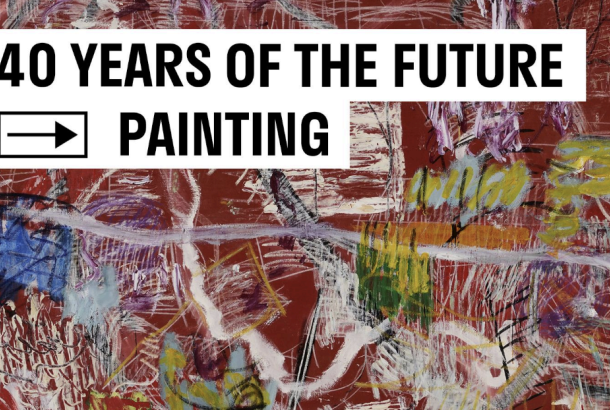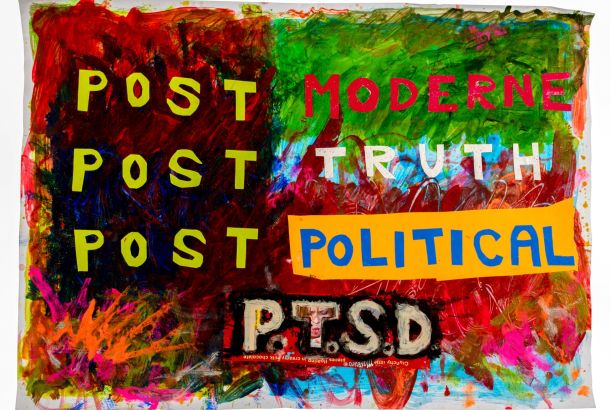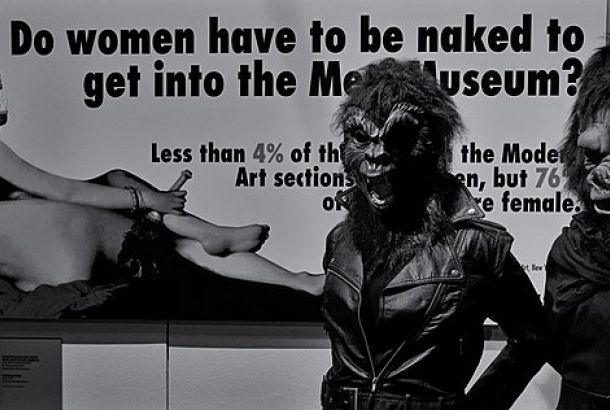Giving Opera a Go: Peter Grimes
By Mancunion
Long associated with being solely enjoyed by the upper classes and those with a taste for ‘the finer things in life’, opera has a reputation for being an exclusive art form appreciated only by people with knowledge of classical music and those ‘in the know’. Mattie Roberts and Jamie Bulman explore how much someone with no knowledge of classical music can gain from a performance of Benjamin Britten’s Peter Grimes.
Peter Grimes is a tale of woe, set in a desolate fishing village in Suffolk. The story focuses on the town’s response to the unfortunate and mysterious death of Peter Grimes’ apprentice and the fisherman’s ostracism from the bawdy social life of the town as a result. It is an eerie, psychological exploration of feelings of guilt and gossip, portrayed through an unusual and progressive musical style.
Jamie, using his prior knowledge of opera, lets us know what he thought:
I am a music student who, as the son of an opera singer and living a stone’s throw away from the notorious Glyndebourne opera house, has been saturated with opera from an early age. I have been to operas at Glyndebourne every season, and this is where I first encountered the work of Benjamin Britten. First performed in 1945, Peter Grimes is an English opera, very much divorced from the Continental traditions which are often more popular in standard repertory. In earlier European opera the text, or libretto, tends to repeat its self constantly, whereas Britten approaches the text at a running pace. This blurs the lines further between opera and drama, with text that could also work spoken, as in a play.
The music ebbed and flowed throughout the piece, emulating themes of the sea dominating the work. The dark orchestral colours were perfectly coupled with an excellent portrayal of the solitary fisherman Grimes by Jeffrey Lloyd Roberts. His haunting high tenor voice carried the emotional turmoil of a lonely forty-something year old, haunted by the guilt of the accidental death of a young boy in his care. A hearty cast supported him, playing the seedy inhabitants of the bleak Borough. There were some strong individual performances such as Giselle Allen’s portrayal of the schoolteacher, Ellen, who Peter Grimes is awkwardly enamored with. Along with Captain Balstrode she’s the only person who tries to understand his troubled mind. She is a soprano, or high female voice. Overall it was an amazing performance from the lead roles, supported by a powerful chorus and orchestra.
Mattie, ignorantly, lets us know what she thought:
For me opera is an alien art form, never having given classical music, and in particular opera, a chance. With no musical ability or education, I was interested to see how much I could enjoy and understand it.
The crowd was more down to earth than I’d expected. No black tie or evening scarves, the whole affair was low-key. With minimal staging and props, presumably partly due to it being a touring performance, the desolate stage really set the scene of a bleak Surrey seaside town. The way they made use of their minimal set was creative and economical using wooden crates to form the courthouse, the bar and docks. A large net proved to be an imaginative way of creating separate spaces within the stage, as well as being pulled around by the chorus in time with the music creating the feel of a storm. The set, all black except the yellow of fisherman’s waterproofs and spotlights, comprised of only props related to ports, showed much can be done with very little.
It took time to adapt to the epic way in which subjects that are seemingly banal, such as fishing, were sung. However before I knew it I had been drawn in by the music’s hypnotic pulse that seemed to emulate the themes of the sea and the ever-present threat of the storm. The moments at which I was really able to engage with the music was in the pieces where I was not straining to hear words. Instead I let the sound of many voices merge together until incomprehensible, propelling me into the story with the sheer scale and variety of sound. The familiar melodies built up throughout the opera moved me when used at the end of the performance in a way that I had not expected it to.
Opera is an art form on an epic scale. Performances involve over a hundred musicians, actors and dancers, blurring the lines between art, music, drama and dance to create a real spectacle. And things are changing: Ticket prices no longer break the bank, and it was refreshing to see a lot of young faces in the crowd at the Lowry. If you want to try something a bit different, or just impress a fit humanities student with your appreciation of culture, then give opera a chance!







